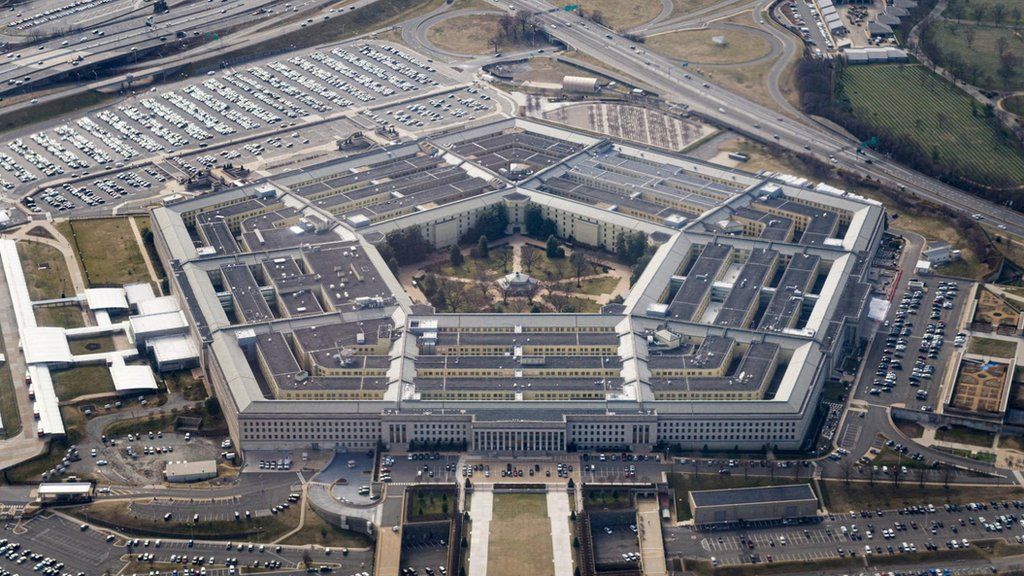A review into a significant leak of classified information revealed that the Pentagon will alter its security procedures because officials found it difficult to control the number of employees with access to top secret information.
A couple of the new measures are the appointment of officers to manage who has access to top-secret information and the installation of electronic device detection systems.
It comes after dozens of sensitive documents were improperly published online.
Jack Teixeira, an ex-airman, is accused of leaking documents, which he denies.
Following the leak, US Defence Secretary Lloyd Austin ordered a 45-day review of Pentagon policies and practices, and the findings indicated that more oversight of those entrusted with sensitive national security information was necessary.
At a press briefing, a senior defense official made the assertion that the Pentagon's security procedures had found it difficult to keep up with the rise in the number of cleared personnel and the number of locations where secret files are accessed.
According to the defense department, some current policies will be strengthened, while others will be updated and new regulations will be created to fill in any gaps.
The review found no "single point of failure" in the military's protocols, and it found that the vast majority of personnel with access abide by security guidelines.
However, it suggested that the defense department spend more on security measures, set up a new office to deal with insider threats, and hire more staff to oversee the handling of classified documents.
The review recommended tightening security measures to forbid the use of electronic devices inside rooms that store classified data and could potentially be used to photograph or record private data or images.
Mr. Teixeira, who was detained in April and is currently incarcerated while awaiting trial, is accused of leaking files on the well-liked gaming chatroom Discord.
Prosecutors claim that Mr. Teixeira wrote and posted sensitive information in the chatroom. He is alleged to have later shared images of US intelligence material out of frustration over the group's members' lack of response.
The charges against Mr. Teixeira, a former member of the Massachusetts-based 102nd Intelligence Wing of the Air National Guard, carry a maximum sentence of 15 years in prison.
In June, he entered a not guilty plea to six federal counts of willful transmission and retention of national defense information.







